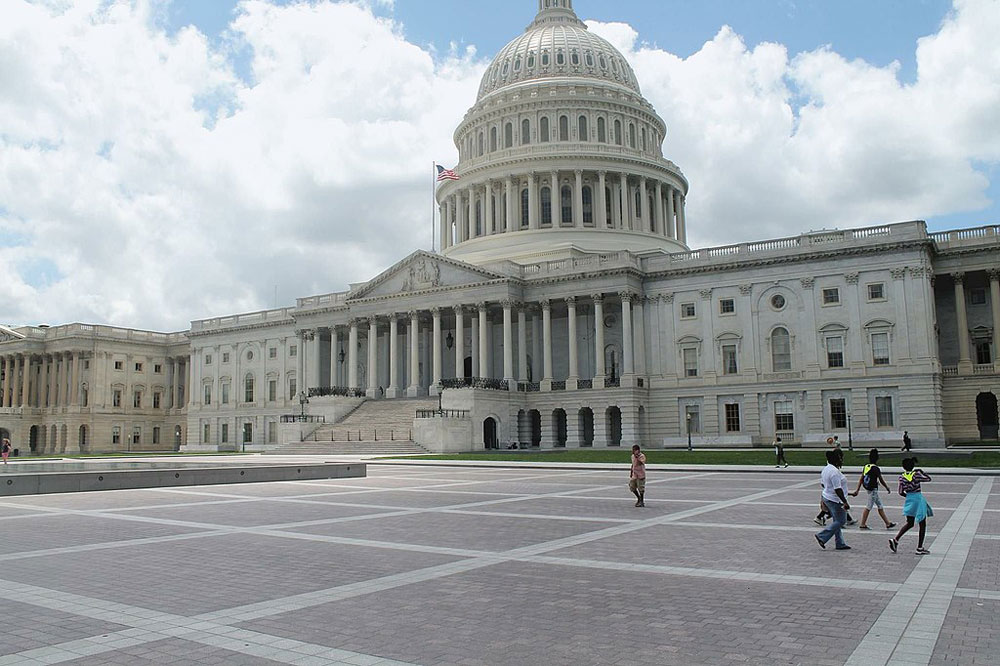May 17, 2011; Source: The Detroit News | A top Detroit city official announced yesterday that it must clean up its expenditures of HUD money or face losing millions. Planning and Development Director Robert Anderson said that the compliance and overspending problems are longstanding and that the city will need to scale back its funding of nonprofits by $40 million.
Problems in HUD spending have been uncovered by a task force assembled by Anderson. The task force examined more than 2000 line items of funding reaching back into the mid nineties.
Among the problems reported to have been uncovered are:
Sign up for our free newsletters
Subscribe to NPQ's newsletters to have our top stories delivered directly to your inbox.
By signing up, you agree to our privacy policy and terms of use, and to receive messages from NPQ and our partners.
- The city annually distributes $5 million more in block grant funds than it actually receives.
- The city borrowed about $53 million from the funds years ago for a demolition program and still owes that money to the federal government.
- The city allocated $27 million in grants for a home repair program to groups that don't have the capacity to do the work.
It is a little surprising to think that the city just discovered its slow spending rate on HUD funds. Detroit and many other large entitlement cities have built up backlogs of unspent Community Development Block Grants over the years, in some cases pieces of multiple years’ allocations.
Toward the end of the Bush Administration, the federal government began leaning on CDBG entitlement communities to reduce their unspent CDBG allocations, but still plenty of communities faced this problem, not just Detroit, and in most cases, the bulk of the cases had nothing to do with the capacities of nonprofits. Under the Section 108 program, entitlement communities used portions of unspent funding as loans pledged against future CDBG allocations, which in a down economy, sometimes landed cities into a double jeopardy kind of situation.
Detroit, like many cities, has to clean up its backlog of HUD funds, not because HUD says so, but because HUD neighborhoods need the resources. The city’s proposed cuts in funding are, of course likely to have devastating effects on local community groups.—Ruth McCambridge













